Customer Relationship Management (CRM) is undoubtedly one of the key drivers of business success in the modern age. Its ability to customize customer interactions, gain insight into their requirements, and establish lasting loyalty sets it apart as a significant contributor to business growth. In fact, the Customer Relationship Management software market is predicted to soar beyond $145.79 billion in revenues by 2029, making it the most prominent software market in the world.
Given its enormous potential, it is no surprise that top marketers and leading brands such as Amazon and Apple are increasingly turning towards Customer Relationship Management tools to enhance their marketing initiatives, enhance customer engagement and retention, and drive revenue growth.
In this blog, we’ll explore how investing in Customer Relationship Management can help your business increase customer experience, improve customer retention, and boost your bottom line. Also, why Customer Relationship Management is a must-have for any business looking to succeed in today’s customer-centric landscape; and how to leverage it to create long-lasting customer relationships that drive business growth.
What is Customer Relationship Management (CRM) and its role in marketing
As the name implies, Customer Relationship Management (CRM) is a robust system for managing your relationships with customers. You can use Customer Relationship Management software to track customer interactions, store valuable customer data, and keep notes about customers or leads. This data is stored in a central database accessible to multiple people within an organization, facilitating several business functions, including sales, marketing, customer service, accounting, and management.
Streamlining these aspects can optimize your business operations, enhance customer experiences, and boost revenue. In fact, studies have shown that implementing a Customer Relationship Management software system can have an ROI of 245% or higher.
For marketers, Customer Relationship Management is an indispensable tool that enables them to establish strong relationships with customers by collecting and analyzing data, personalizing customer interactions, managing feedback, automating marketing campaigns, and monitoring engagement. Research indicates that over 44% of high-performing marketers use Customer Relationship Management to automate a part of their sales and marketing process.
Subscribe to our newsletter to stay updated on the latest in B2C marketing
Top 7 benefits of Customer Relationship Management
Customer Relationship Management offers several advantages that enable you to gain a comprehensive understanding of your customers, identify their needs, and offer better assistance, eliminating the risk of losing them due to incomplete data.
In addition, Customer Relationship Management software streamlines various mundane tasks such as data entry, cross-department communication, and tracking customer interactions, freeing up valuable time for other critical tasks.
Here are seven benefits of Customer Relationship Management software that can drive your company toward success:
1.Improve customer retention and loyalty
Customer retention is the key to business growth. By retaining customers, you can not only improve brand loyalty but also boost your company’s profitability in the long run.
However, customer retention remains a major challenge for most businesses, with companies losing $83 billion due to poor customer retention strategies in the US alone.
Customer Relationship Management (CRM) is an effective solution to overcome this challenge. It enables you to track, optimize, and personalize every customer interaction, leading to an improved customer journey. By optimizing your sales process, customer support, marketing efforts, and customer satisfaction, a CRM can contribute directly to your customer retention goals. In fact, 47% of companies stated that customer satisfaction and retention are significantly improved when using a Customer Relationship Management system.
Here is how you can leverage Customer Relationship Management to promote loyalty and customer retention:
- Build a Robust Customer Journey: By mapping your customer journey and identifying every touchpoint, you can work towards creating a more seamless and satisfying customer experience.
- Leverage customer data: Collecting and analyzing customer data, including purchase history, preferences, and behavior, will enable you to understand your customer needs better and create targeted marketing campaigns and personalized experiences.
- Enhance customer communications: CRM will act as a centralized platform for managing interactions across multiple channels, enabling you to communicate with your customers more effectively and provide them with the information they need on time.
- Manage customer loyalty programs: Easily manage customer loyalty programs by tracking customer activity and providing rewards and incentives.
- Discover and hone customer needs: Proactively identify and address customer needs and pain points.
Here is an example of Sephora Beauty, a French-based personal care brand that has successfully built a cult-like following by providing a consistent customer experience across all touchpoints.
Sephora’s loyalty program, launched by leveraging its Customer Relationship Management capabilities, accounts for 80% of Sephora’s sales, making it one of the company’s most successful initiatives.
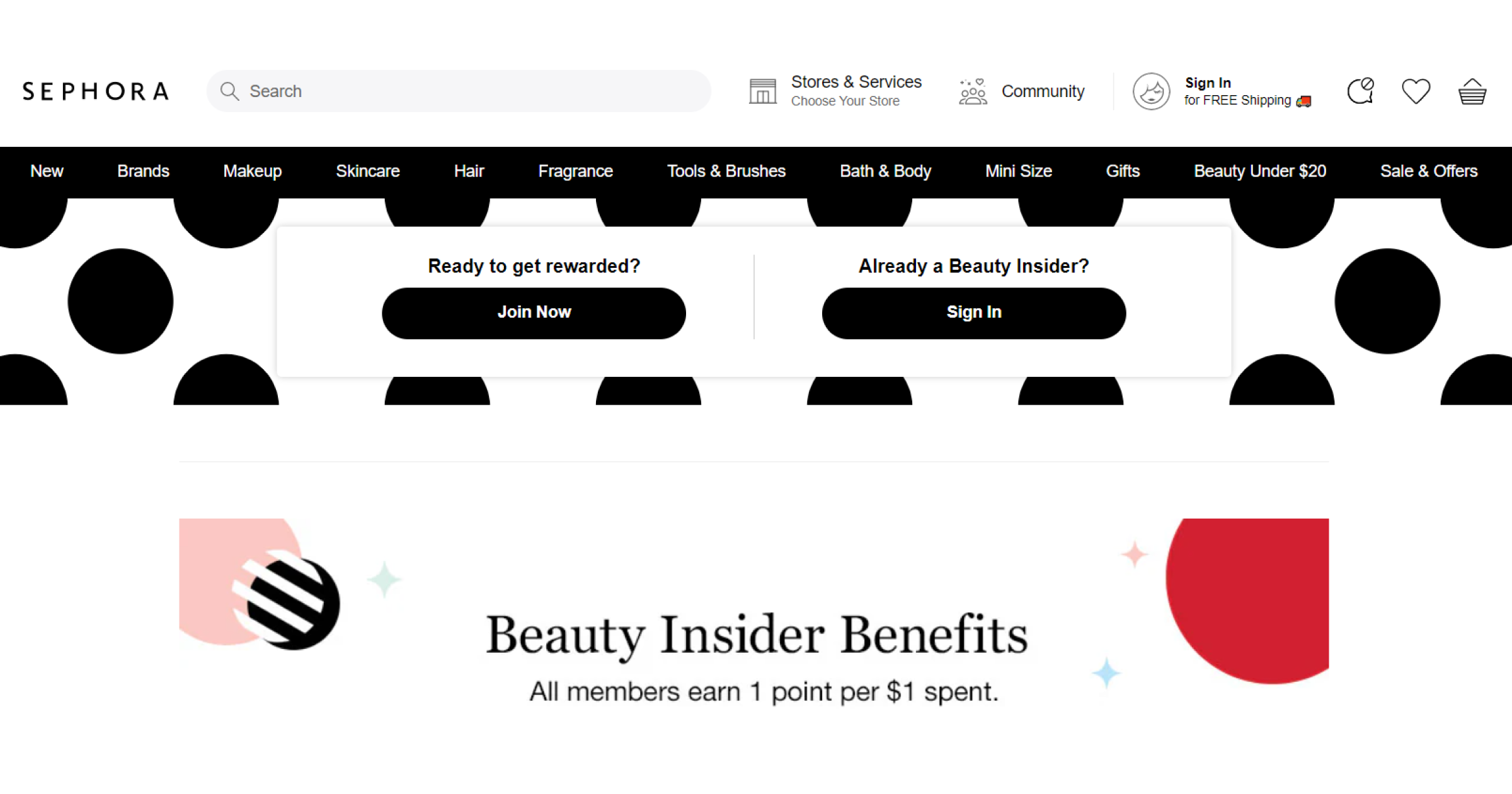
Learn more from our ebook: Omnichannel Customer Engagement: A Winner’s Playbook
2.Maintain a centralized database
Maintaining a centralized database is one of the most important functions of Customer Relationship Management (CRM) systems. This database stores all customer information in one place, making it easily accessible to employees who need it.
You can access all relevant customer information through the Customer Relationship Management database, including contact details, website activity, and communication history. This information can help you better understand your customers’ needs and preferences and tailor your sales and marketing approach accordingly.
In addition, a centralized database enables you to segment customers based on factors such as demographics, location, and usability. This will enable you to personalize customer communication and target marketing campaigns effectively.
BISA Seguros, a Bolivian insurance company, recognized the need to improve its internal managing processes and provide personalized customer support. The organization’s main objective was to enhance its monitoring and automation capabilities while enabling easy customer engagement and access to relevant information.
To achieve this goal, BISA Seguros leveraged the power of Customer Relationship Management (CRM) and aligned its marketing, sales, and service teams to focus on delivering exceptional customer experiences. This customer-centric approach not only helped BISA generate more leads but also fostered customer loyalty.
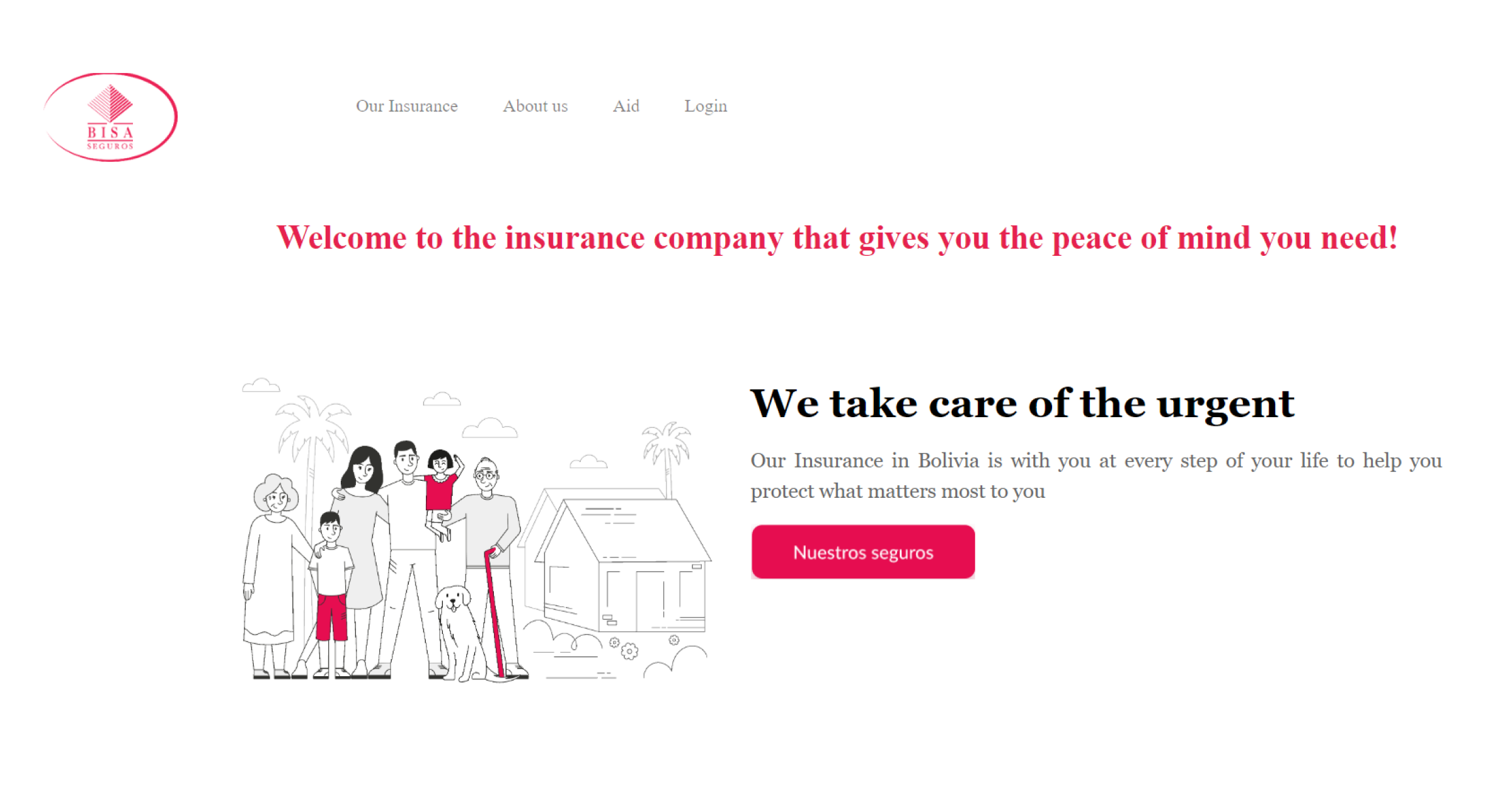
3.Enhance customer service and support
Businesses face a significant challenge when it comes to providing high-quality customer service and support. Today’s customers expect quick and tailored service, and failing to meet these expectations can lead to customer churn and negative reviews.
Therefore, it is crucial to monitor customer interactions and provide prompt and accurate assistance continually. In fact, 86% of consumers indicated they were willing to pay more for a positive customer service experience.
To address this, implementing a Customer Relationship Management (CRM) system can offer a viable solution. By consolidating customer data and interactions, a Customer Relationship Management system will enable you to provide quicker and more personalized support, enhancing customer satisfaction and loyalty.
Here are a few ways how a Customer Relationship Management (CRM) can help you improve your customer service and support:
-
- Unified view of customer data: A Customer Relationship Management system will help you consolidate customer data from multiple sources, providing a unified view of each customer.
- Easily track and resolve customer issues: CRM automates case management, making tracking and resolving customer issues easier.
- Proactive customer engagement: It helps you deliver personalized communications and alerts based on customer behavior to improve customer engagement.
- Knowledge management: Customer Relationship Management systems provide a central repository of knowledge and help resources, making it easier for you to find and resolve customer inquiries.
A great example of how Customer Relationship Management can be used to improve customer support is Decathlon, a prominent French-based sporting goods retailer. By implementing the Customer Relationship Management, the brand states that it has experienced a significant reduction in its first-call response time, which now stands at just over an hour.
Despite experiencing a staggering 1700% increase in average ticket volume over four years, Decathlon’s User Happiness team has maintained an impressive resolution SLA of over 95%.
4.Easily set goals and track progress
Having a clear goal for your business and tracking its progress is critical to achieving success and driving revenue growth. But to do it effectively, you need to leverage metrics that provide valuable insights into your Customer Relationship Management (CRM) processes. These key performance indicators (KPIs) enable you to evaluate the effectiveness of your Customer Relationship Management strategies and identify areas where you need to make improvements.
Here are a few vital metrics that you can track using your Customer Relationship Management system to set proper goals and track your progress:
-
-
- Net promoter score
Net Promoter Score (NPS) is a widely used customer loyalty metric that measures the likelihood of a customer recommending your company, product, or service to others. It’s calculated based on a simple question asking customers to rate their likelihood of recommending your company on a scale of 0 to 10. - CAC (Customer Acquisition Cost)Customer Acquisition Cost (CAC) is your company’s average cost to acquire a new customer. It’s calculated by dividing the total cost of sales and marketing by the number of new customers acquired in a specific period.
- Customer churnCustomer churn is the rate at which customers stop doing business with your company. It is calculated by dividing the number of customers lost during a specific period by the total number of customers at the beginning of that period.
- Customer Lifetime Value (CLTV)Customer Lifetime Value (CLTV) is a metric that represents the total amount of money a customer is expected to spend on your company’s products or services during their entire relationship with your company. CLTV considers the revenue a customer generates, as well as the cost of acquiring and servicing that customer.
- Length of Sales CycleThe length of the sales cycle refers to the amount of time it takes for a potential customer to become an actual customer, from the initial contact with a company to the final purchase.
- Net promoter score
-
5.Improved Analytical Data and Reporting
Managing and analyzing large volumes of data can be daunting, especially if the data is scattered across multiple systems and databases. This is where Customer Relationship Management (CRM) comes in handy. CRM enables you to have a clear, 360-degree view of your customers by bringing together data from multiple sources into one system. This allows you to identify patterns and trends and make more informed decisions about your customers.
One of the major advantages of employing Customer Relationship Management for analytical data and reporting is that it eliminates the possibility of miscalculated data. With all customer data stored in one place, you can be confident that the data you are analyzing is accurate and up-to-date. This is particularly important when making critical business decisions that could significantly impact the bottom line.
Additionally, you can easily integrate Customer Relationship Management with different tools and plugins, enabling you to generate automatic reports and streamline your data analysis processes.
SeedLegals, a platform that provides legal documents for businesses seeking funding, realized it was overreporting due to duplicate legacy records. To battle this issue and better serve its customer base of 50,000, SeedLegals consolidated its sales, marketing, and customer service tools on a Customer Relationship Management platform.
The brand states that this move allowed them to identify and address the issue of duplicate records, resulting in improved data integrity. By leveraging a Customer Relationship Management platform, SeedLegals was able to streamline its processes, enhance efficiency, and provide better service to its customers.
6.Facilitate cross-team collaboration
Cross-team collaboration between your marketing, sales, and customer support teams is crucial to prevent miscommunication and duplication of efforts that can negatively impact customer relationships and business outcomes. A Pipedrive report found that companies with well-integrated sales and marketing departments were 26% more likely to exceed their revenue targets than those with poor integration.
You can facilitate effective cross-team collaboration using Customer Relationship Management (CRM) software, which allows teams to access and share customer information, insights, and feedback. Customer Relationship Management serves as a central knowledge hub for sales, marketing, and other customer-focused functions, enabling teams to share valuable insights for informed decision-making at all stages of the customer lifecycle.
Reed, one of the largest recruitment firms in the world, needed marketing automation and cross-team collaboration to support its growth with over 100 global offices. Reed optimized lead generation and sales alignment across their marketing and sales teams by integrating with a robust CRM and leveraging email automation and workflows. This initiative resulted in 7 figures of attributable revenue in just one year.
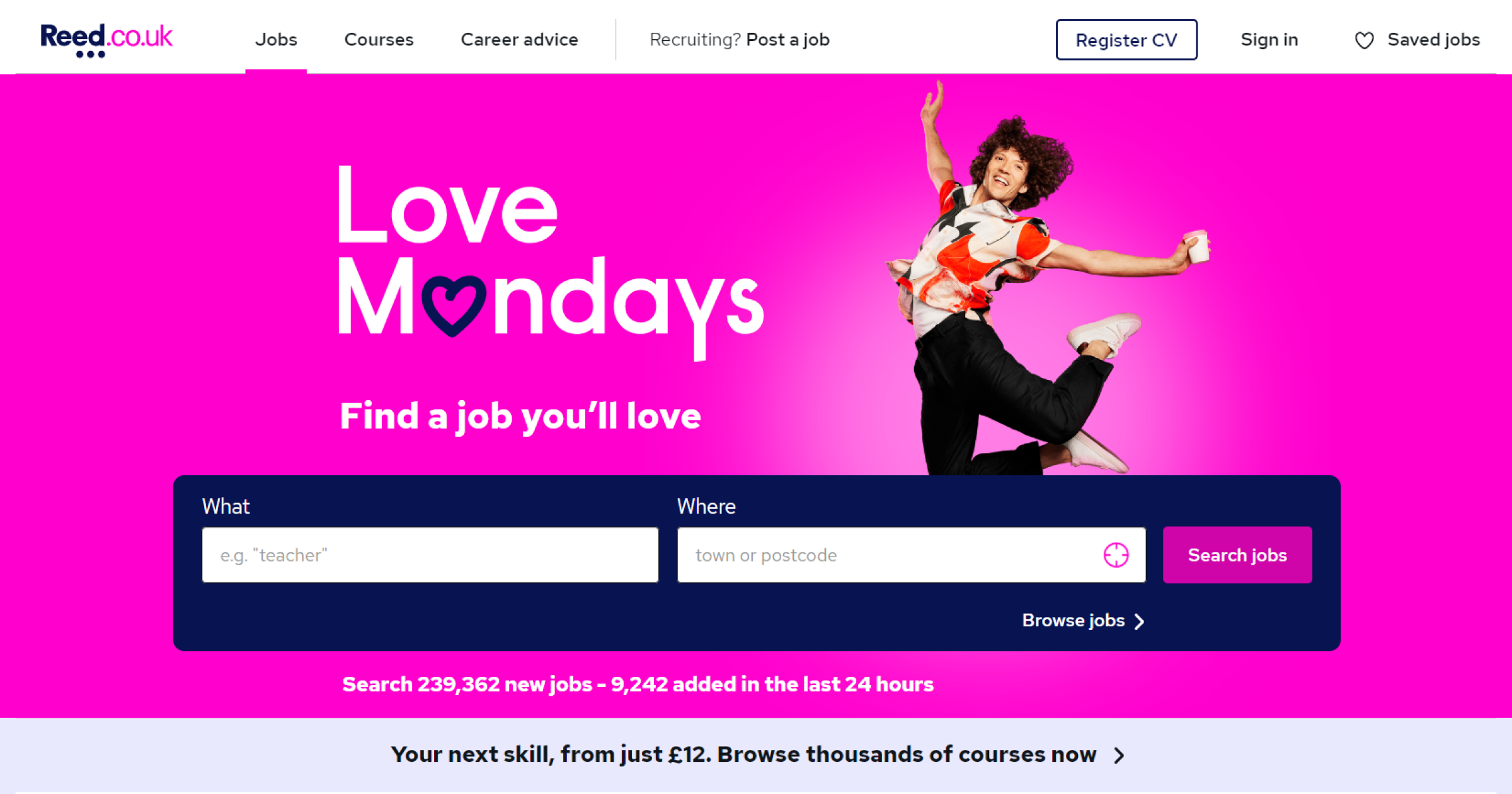
7.More effective cross-selling and upselling
Cross-selling and upselling are effective techniques that can be employed to boost your business revenue. Cross-selling involves offering complementary products to your customers based on their previous purchases, while upselling involves offering premium products within the same category. However, successful cross-selling and upselling require a deep understanding of your customer’s needs and preferences, which can be challenging to achieve without the right tools.
A robust Customer Relationship Management system can help you cross-check available customer data efficiently and make suitable cross-selling and upselling offers. Moreover, these techniques also enable you to better understand your customers’ needs and anticipate future related purchases. A survey revealed that 72% of salespeople who upsell and 74% who cross-sell say that it drives up to 30% of their revenue.
A Customer Relationship Management system will also enable you to segment customers, personalize cross-selling and upselling efforts, and automate marketing efforts, resulting in increased revenue and enhanced customer experience.
Bonus read: A Beginner’s Guide to Retention Marketing for Online Consumer Businesses
Here are some companies that excel at CRM
1.Zoomcar
About the brand:
Zoomcar is a car-sharing marketplace that has become the leader in emerging markets. It has an impressive 20,000 cars on its technology-driven platform spread across India, Southeast Asia, and the MENA region.
Challenges faced:
As Zoomcar’s business grew, its sales team encountered challenges in maintaining sales information. The company realized the sales team was susceptible to funnel drop-offs and lead leakages without a Customer Relationship Management system. The scattered and unorganized data left the team with an incomplete view of their leads, impeding their ability to manage the sales pipeline effectively.
To address these challenges, Zoomcar sought a Customer Relationship Management solution to optimize automation, minimize manual tasks, and provide a comprehensive sales pipeline view.
Results:
With a Customer Relationship Management system, the sales team could track leads through the sales funnel, identify bottlenecks, and automate repetitive tasks.
Within a few months of implementation, Zoomcar observed a significant 150% increase in conversion rates, leading to a proportional increase in revenue. The CRM system enabled the streamlining of internal processes and minimized human resources, resulting in a 4x return on investment.
Overall, the Customer Relationship Management system has enabled Zoomcar to achieve its goals by providing comprehensive features, improving conversion rates, and driving revenue growth. The CRM system has positioned Zoomcar to continue its growth trajectory in the competitive car-sharing marketplace.
2.Tractable
About the brand:
Tractable is a leading tech company that leverages Artificial Intelligence (AI) to assess damages to properties and vehicles. With its industry-leading, AI solutions, Tractable is responsible for processing over $2 billion in vehicle repairs and yearly purchases.
Challenges faced:
Tractable’s sales team faced a significant challenge in the form of an undefined lead qualification process. Without a transparent process for qualifying leads, the team was losing its productive time chasing leads that were unlikely to convert, leading to a low conversion rate from marketing qualified leads(MQL) to sales accepted leads (SAL). To improve its lead qualification process, Tractable recognized the need for automation.
Results:
After implementing automation to qualify leads via the Customer Relationship Management platform, Tractable saw significant improvements in its lead qualification process. By automating website forms and workflows, only qualified leads were passed on to the sales team, saving time and increasing conversions.
The improvements were reflected in the company’s growth, with Tractable quadrupling its total number of leads as well as MQLs.
The successful implementation of CRM and automation has helped Tractable become a leader in the industry, with a valuation of over $1 billion. As the world’s first computer vision unicorn for financial services, Tractable continues to push the boundaries of AI and technology to improve processes and drive growth.
3.Razorpay
About the brand:
Razorpay is an Indian fintech startup that was founded in 2014. The company has transformed remarkably from a payment gateway platform to a full-stack financial solutions provider over the years.
Challenges faced:
Razorpay has always been driven by a customer-centric vision that aims to support businesses in their growth journey. This includes offering innovative and user-friendly products that cater to the unique needs of businesses.
To achieve this vision, Razorpay realized that it needed a solution to streamline its internal processes while providing a seamless and delightful customer experience.
Results:
Razorpay implemented a Customer Relationship Management platform to streamline and automate its sales activities. The platform allowed the team to efficiently manage leads and accounts by integrating internal systems with the CRM. As a result, merchants were contacted within minutes of expressing their interest due to faster assignment and prioritization of leads. The effective streamlining of the lead management process led to a 38% increase in conversion rates.
Conclusion
In today’s hyper-competitive market, a reliable Customer Relationship Management solution is an indispensable tool for businesses that aspire to thrive in the long run. As demonstrated by the case studies and benefits highlighted in this blog, investing in a reliable Customer Relationship Management platform is a game-changer for your business.
A robust CRM platform can enhance your team’s productivity and efficiency, helping you streamline operations, reduce costs, and optimize resources. These benefits can be even more critical in a recession year when businesses must operate leaner and more efficiently to survive and thrive.
Therefore, it’s pivotal for businesses to invest in a CRM platform in order to drive growth and success. With the power of CRM by your side , you can build a sustainable competitive advantage, creating a solid customer experience and boosting customer retention.
Request a demo with WebEngage today to boost sales and conversions.




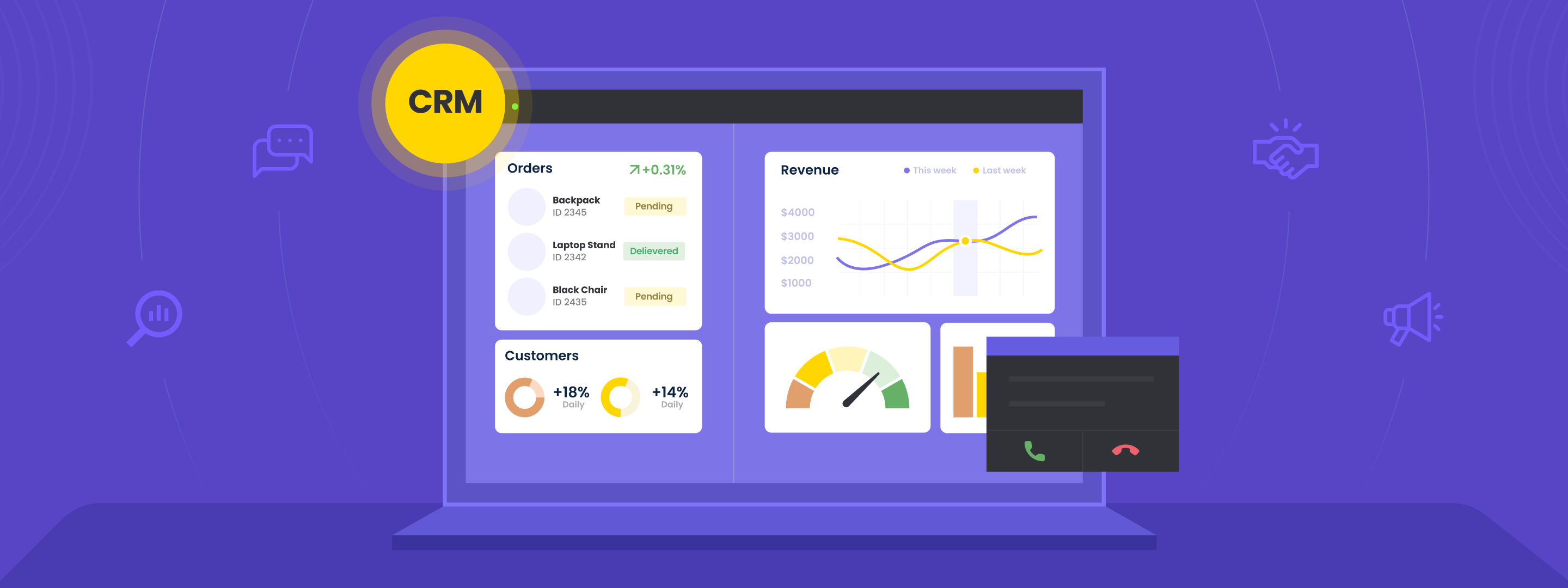
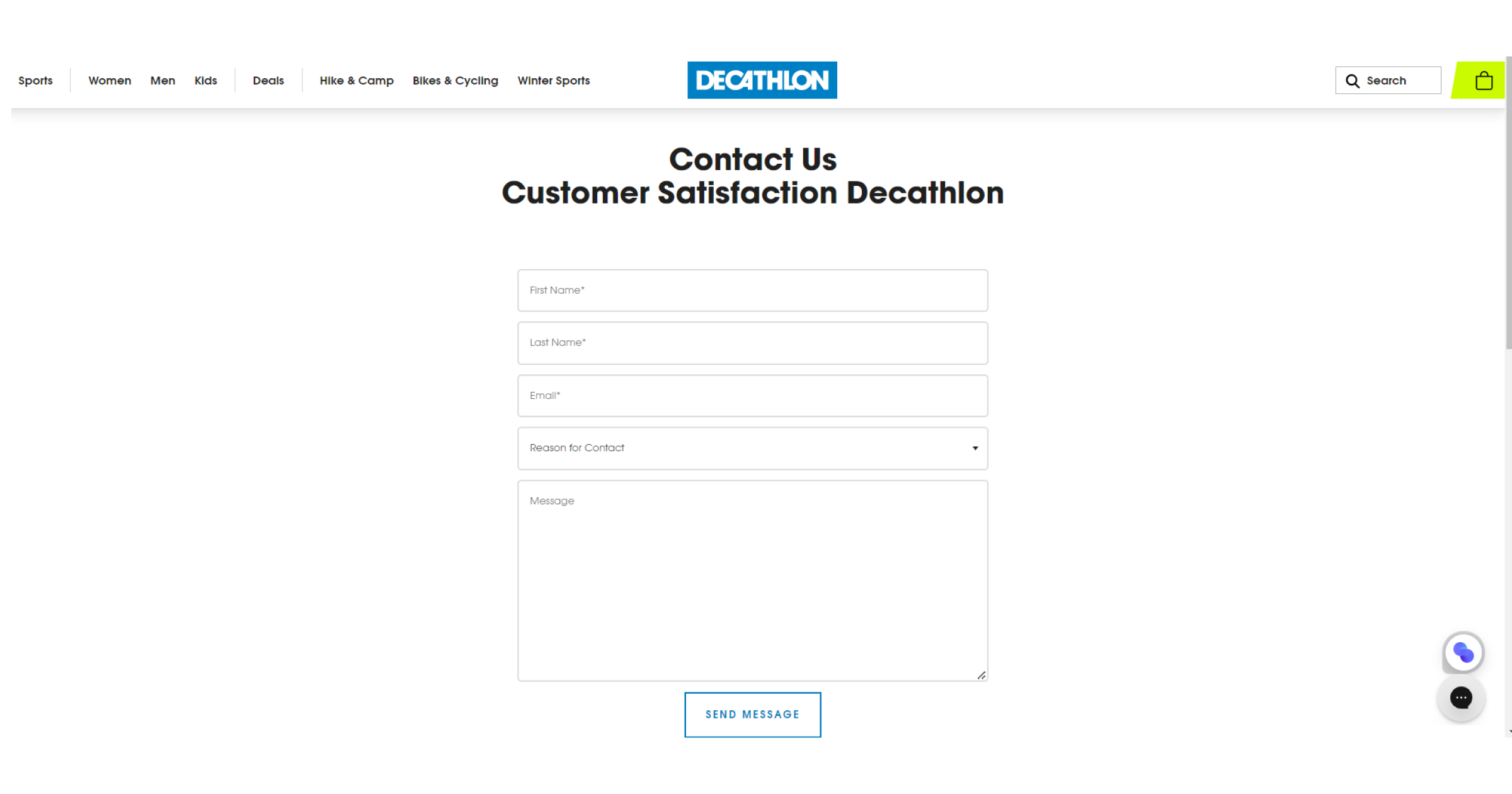
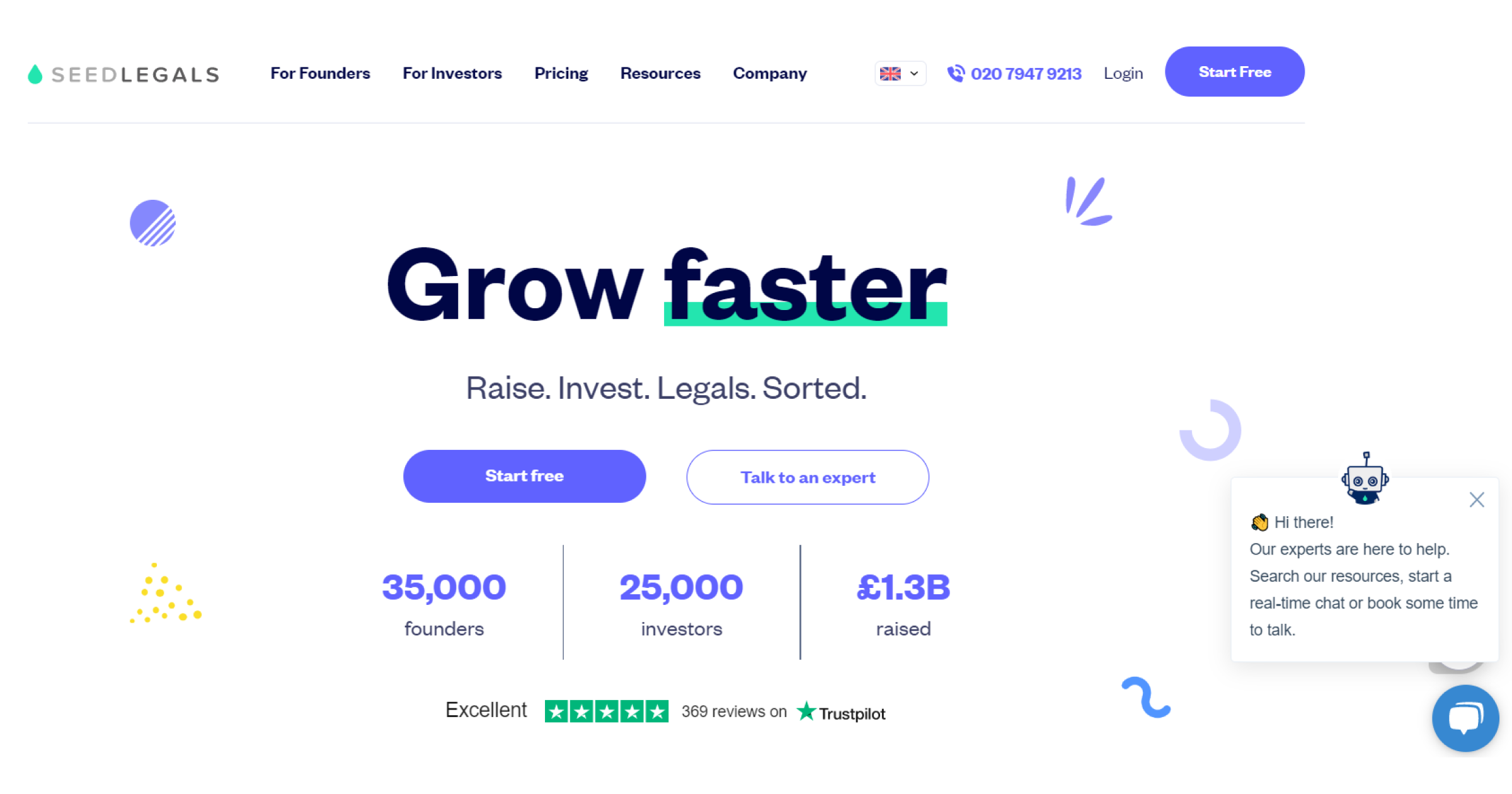
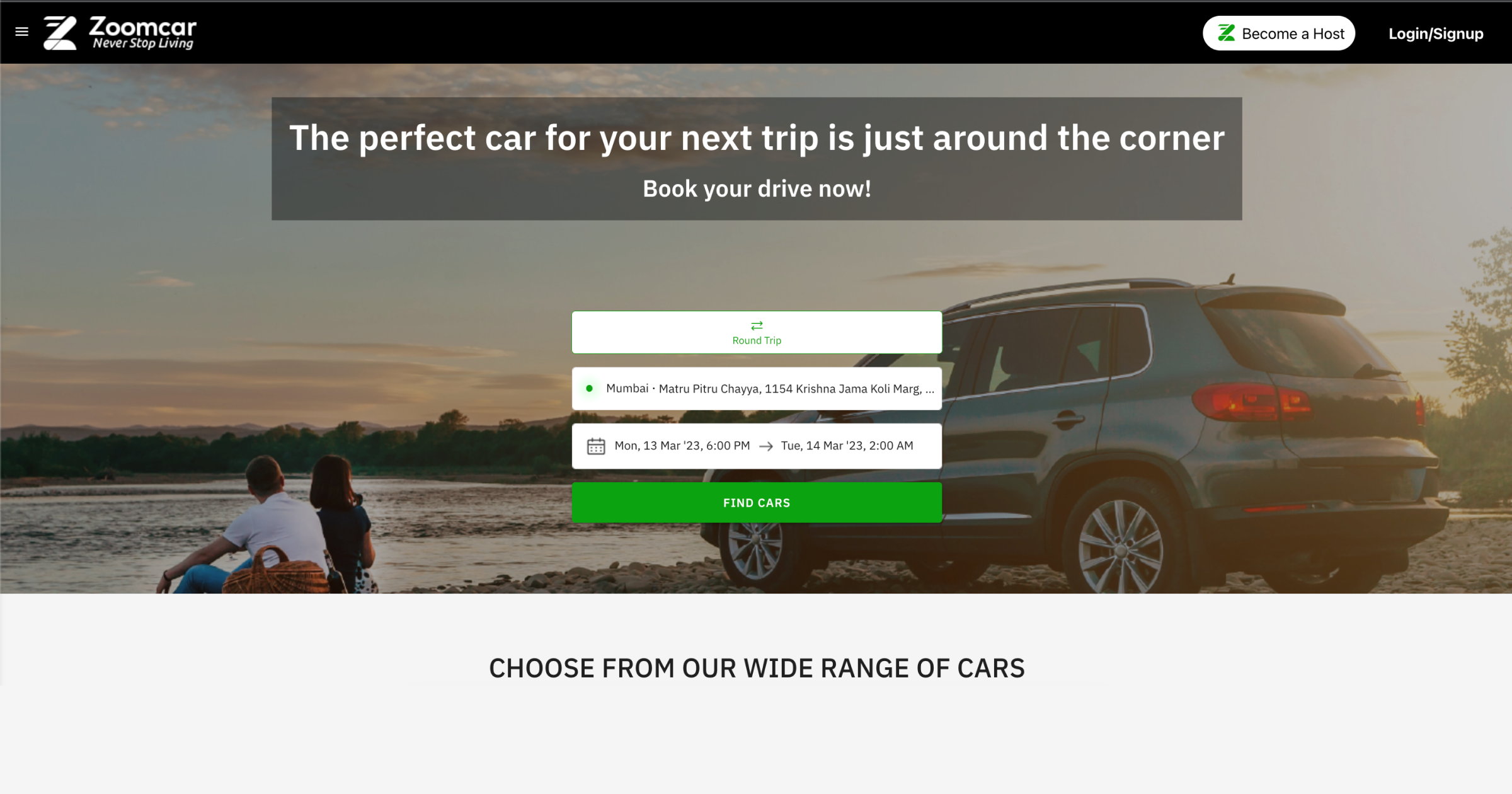
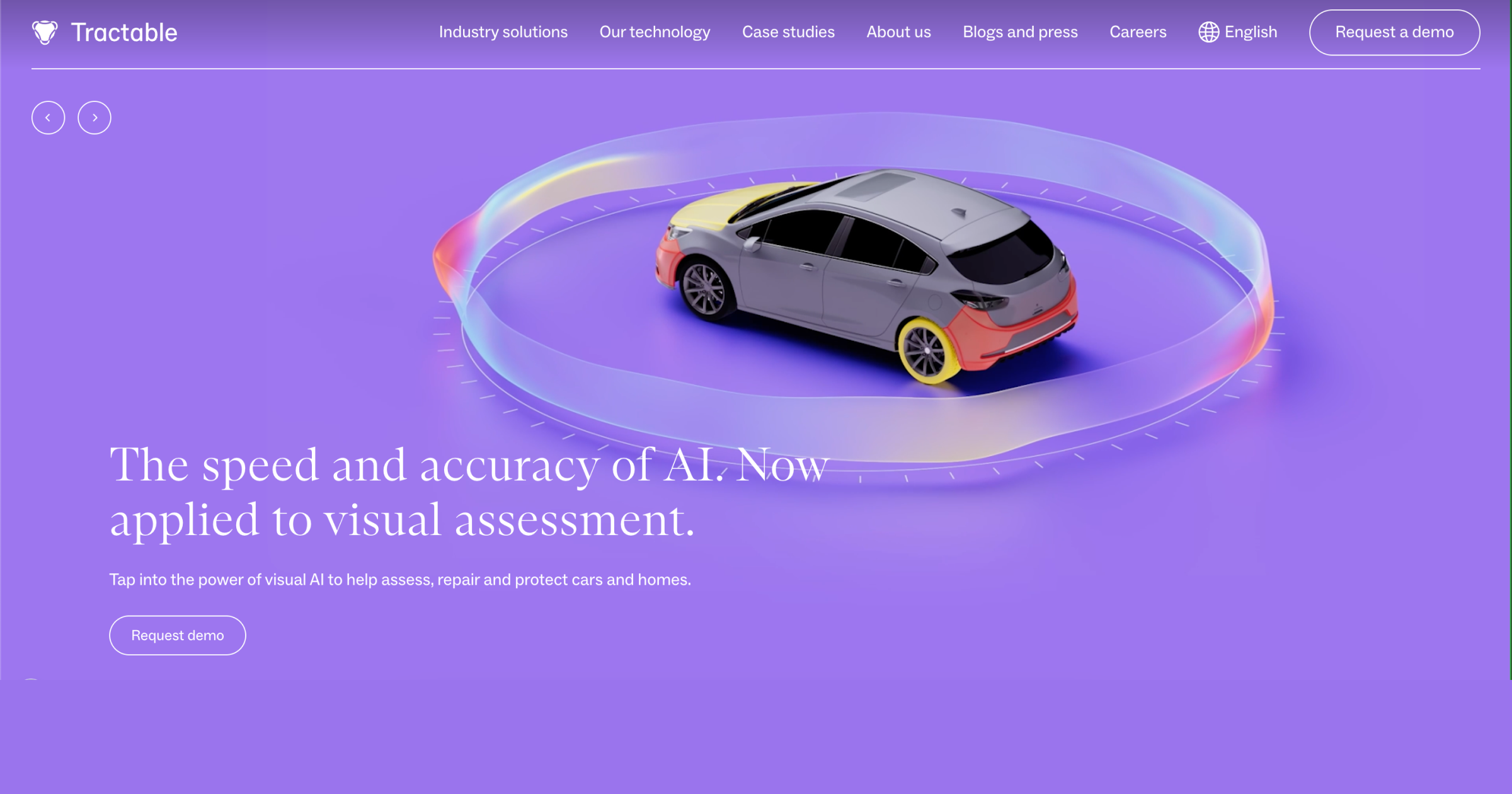
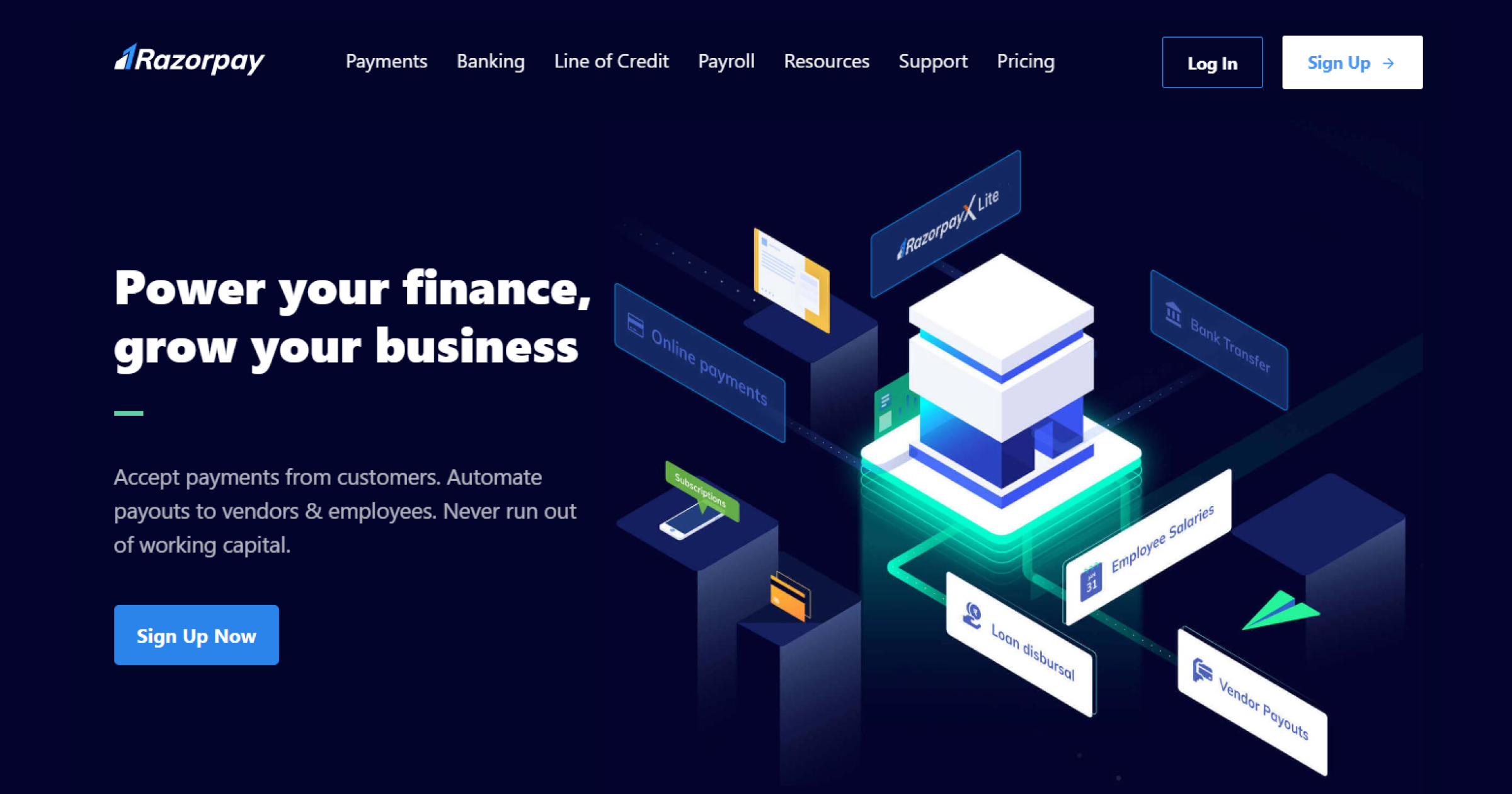


 Inioluwa Ademuwagun
Inioluwa Ademuwagun
 Prakhya Nair
Prakhya Nair
 Dev Iyer
Dev Iyer
 Ananya Nigam
Ananya Nigam
 Harshita Lal
Harshita Lal
 Diksha Dwivedi
Diksha Dwivedi